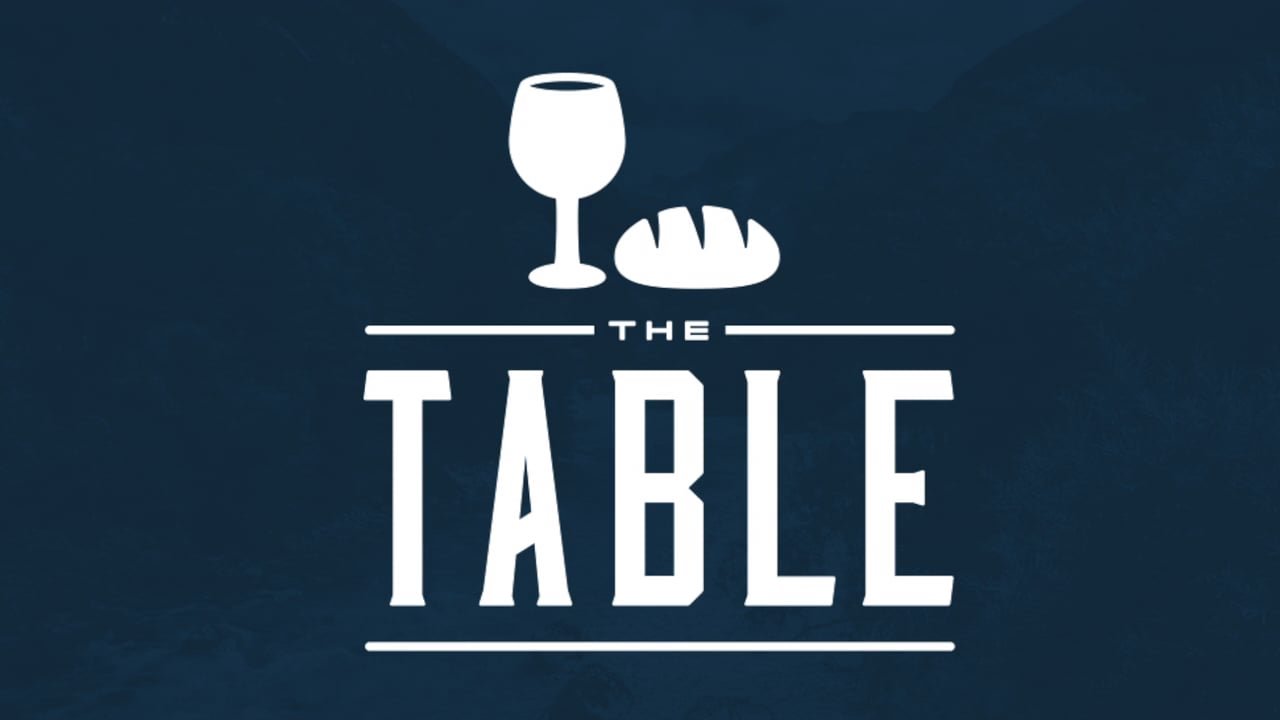Why I’m using the Narrative Lectionary
For a while, I’ve considered myself a Narrative Theologian where scripture is a grand story full of hundreds of other stories about moving from Creation to New Creation, from death to life–all of it pointing to Jesus from beginning to end and his mission to make all things new again.
Reflections on the Narrative Lectionary
The best way I can describe myself is that I am a theological mutt. I grew up Baptist, studied Hebrew in a liberal arts university under a Jew married to a Roman Catholic, then studied in a Methodist seminary, was ordained in a non-denominational mega-church, and now I’m serving as a youth minister in a church with deep roots in the restoration movement AND somehow through all of this I never connected with something called a lectionary.
What a sentence.
As I look back on my own faith journey, what I remember most are stories. I can look back and say that these stories keep shaping my faith every year. I absolutely loved every time my youth pastor would tell the story of Shadrach, Meshach, and Abednego and their defiance to the king. Or the time I learned about David’s shepherd sling and then decided to make one of my own to launch rocks into a pond just for the heck of it–but it was really because I wanted to see how far I could launch a rock with one of those things. I remember the time my Hebrew professor was deep in a story about Amos and delivered a punchline that said, “Rabbi’s are as good at giving tips as they are taking them (slow clap if you get it)”. Or the time in Seminary when it finally dawned on me that Christian leadership was modeled and most compelling in the story about Jesus washing the disciples feet.
So enter stage left, the Narrative Lectionary, designed to help teachers and preachers move through the bedrock stories of scripture over a 4 year cycle. Old Testament in the Fall, New Testament in the Spring, & Summer Series of choice. Now before I get into some of the details of the Narrative Lectionary and why I’ve decided to track with it, I first want to share this video from another community that has decided to use the Narrative Lectionary.
So, why am I moving to the Narrative Lectionary?
For a while, I’ve considered myself a Narrative Theologian where scripture is a grand story full of hundreds of other stories about moving from Creation to New Creation, from death to life–all of it pointing to Jesus from beginning to end and his mission to make all things right ultimately by his sacrifice on the cross. The Narrative Lectionary organizes these stories in such a way that once a week we can retell the stories from Genesis all the way to the Early Church and hit them each year without sounding repetitive over a 4 year cycle. That’s an incredible gift.
Long Reason 1 that I’m switching to the Narrative Lectionary: It’s organized around the bedrock stories of scripture beginning to end and I trust that stories can speak truth into an individuals life at any moment in time long after the sermon is over.
In knowing and experiencing a narrative theology for myself, my preaching and teaching hasn’t reflected it. I‘ve reduced my preaching and teaching to propositional truths I’ve deduced from the grand story of scripture and delivered them as sound bites for our sound bite culture. Experiencing truth through a story is more powerful than experiencing truth through a Twitter status because stories stick with us. The reason stories work as truth delivery mechanisms so well is because one day we’ll experience something similar to a story we’ve heard and we’ll search our hearts to see if the story we remember speaks to us. For example:
- Not giving up, Shadrach, Meshach, and Abednego.
- Sacrificial service, Jesus washing the disciples feet.
- Facing a tough situation, David and a shepherds sling.
I’ve heard a gazillion through lines on each of those topics (and delivered several myself) but I for the life of myself can’t remember any of them at the moment. What I remember are the characters in the stories and what they did in their situations.
Reason 2: The Narrative Lectionary stretches my own faith by forcing me to get up close and personal with stories I would never preach on because they’re not already in my repertoire. The team who put together the Narrative Lectionary has done a good job at not shying away from difficult stories and there’s probably unknowable value in that.
Reason 3: It saves me the work of trying to figure out topical series which frees me up for more relational ministry because it’s already been thought through. The less time I spend planning, the more time I spend doing other things. I trust that the ideas that need covered will come up sometime between Genesis to the Early Church be it relationships, worship, serving, conflict, family, or love while following the NL (Narrative Lectionary) cycle. And again, experiencing truth about those topics will best be remembered by the stories they’re experienced in verses sound bites as we travel through scripture each year instead of through topical studies (they’re not evil I promise, but I think the power of a story and knowing where to roughly find it in scripture might outweigh the value of topical studies in the long run).
**Reason 4: **There’s a large Facebook community using the Narrative Lectionary already (5,000+ people at the time of this article). Anyone that has had the opportunity to work with others on sermonizing instead of doing it all yourself knows the inherent value of working with others to see what God is saying on any given passage in scripture. I firmly believe God works through community.
Reason 5: It’s much easier to invite others to teach and preach using the Narrative Lectionary than trying to explain a sermon series you’ve developed to someone else. In fact I’ve already wrangled a couple of people into retelling a couple of stories this semester already. Exposing people to different voices is beneficial in my humble opinion. The way someone sees and experiences a story in scripture could be completely different than the way I do. I immediately think of the differences between guys and girls and how even that could be sussed out in a midweek setting for those wanting to go deeper.
Reason 6: It’s free and collaborative. I have an incredible amount of respect for those who are willing to put the hard work into a tool like this and then give it away for free. Checkout NarrativeLectionary.org for tons of free resources and PDFs. This reminds me of Paul being a tent maker so people couldn’t accuse him of preaching the Gospel for money (hey another story go figure). The Facebook Group has many other resources as well.
Reason 7: The Narrative Lectionary follows the Church calendar. For someone like myself who really isn’t liturgical, that didn’t mean much at first but this sort of goes with Reason 4 in that people are in unison around God’s word. Knowing that churches all across the world will celebrate the Baptism of Jesus at roughly the same time is neat. It’s a testament to the unifying presence of the Holy Spirit’s in the church.
Reason 8: It’s not generation specific. I’m currently serving as a youth minister in Lexington, Kentucky. There’s absolutely nothing
wrong with creating age-specific material but having the ability to share a story, for example Jesus healing on the Sabbath in Luke 6:1–16 (Reading for January 29, 2017) and then discussing this story and what it means to do the right even when no one else does is a great teaching. It’s applicable whether you’re in Middle School, High School, College or elsewhere. That is the power of story with age-specific illustration. That’s all for now.




